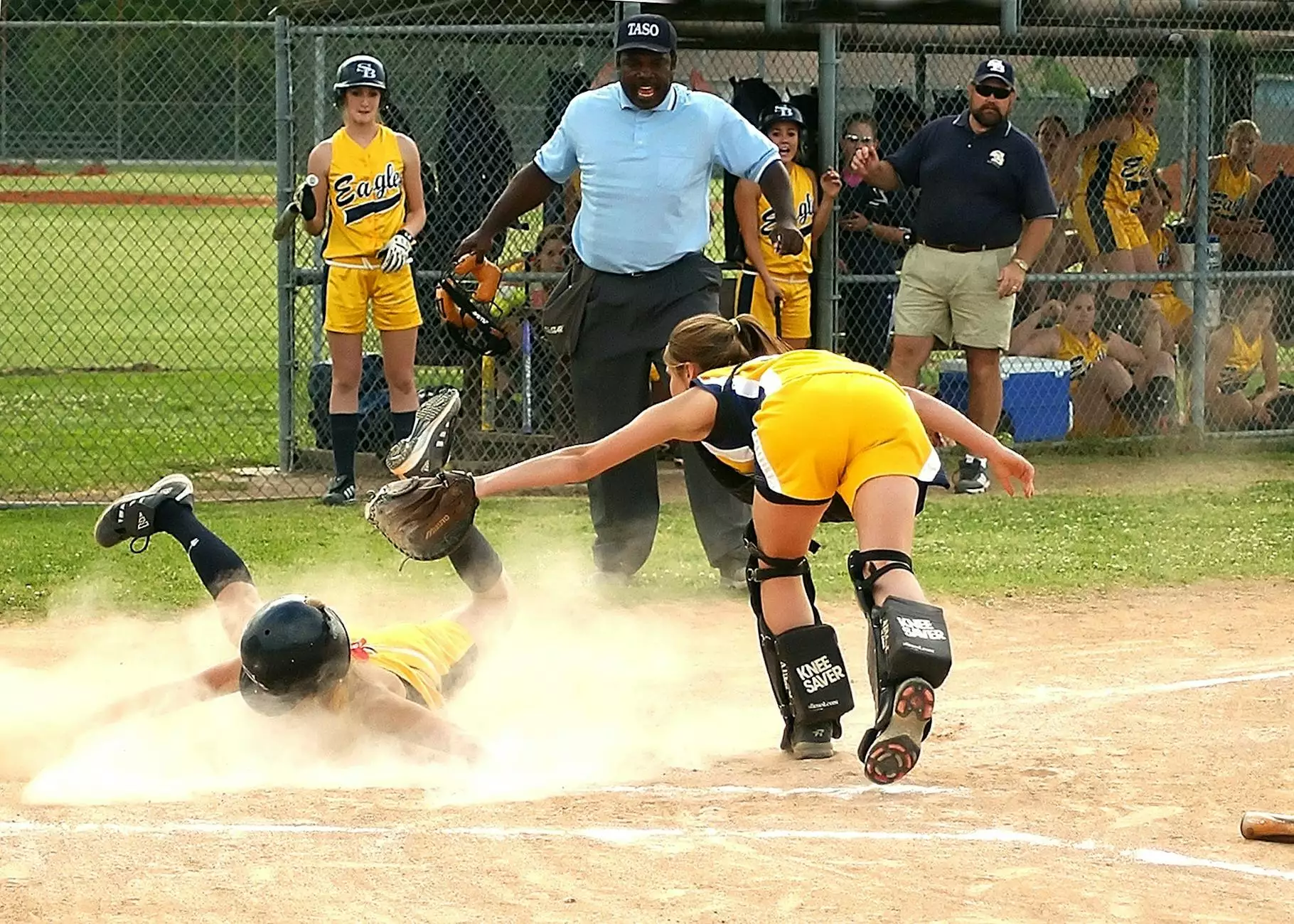Running with a Plantar Plate Tear: What You Need to Know

As passionate runners, we understand how important it is to stay active and continue doing what you love, even when faced with injuries. One common injury runners often encounter is a plantar plate tear. If you're wondering whether you can still run with this condition, The Foot Practice, your trusted podiatrists specializing in foot care, are here to provide you with the information and guidance you need.
Understanding Plantar Plate Tear
A plantar plate tear is a painful injury that affects the ligament responsible for stabilizing the toe joints in the ball of your foot. It commonly occurs due to excessive stress and pressure on the foot, often from activities like running, jumping, or wearing high heels. While this injury can cause discomfort and hinder your running routine, it doesn't necessarily mean you have to give up running altogether.
Assessing Your Condition
Before making any decisions about running with a plantar plate tear, it's crucial to consult with a professional podiatrist. At The Foot Practice, our experienced team of podiatrists specializes in diagnosing and treating foot conditions, including plantar plate tears. They will thoroughly examine your injury, take into account your pain level, and determine the severity of the tear.
Treatment and Rehabilitation
Based on the assessment of your plantar plate tear, your foot care specialist will recommend a personalized treatment plan to promote healing and help you get back on your feet. Treatment options may include:
- Rest and Avoidance of High-Impact Activities: Taking a break from running and other high-impact activities allows your foot to heal properly. This step is vital in preventing further damage and ensuring a faster recovery.
- Ice and Cold Therapy: Applying ice to the affected area helps reduce inflammation and manage the pain associated with the tear. Your podiatrist will guide you on the frequency and duration of ice application.
- Medications: In some cases, your podiatrist may prescribe anti-inflammatory medications or pain relievers to alleviate your symptoms and support the healing process.
- Physical Therapy: Depending on the extent of the tear and your unique needs, your podiatrist may recommend specific stretching and strengthening exercises to rehabilitate your foot.
- Splints or Taping: To provide additional support and stability, your podiatrist may suggest using splints or taping techniques to protect the injured area during the healing process.
Gradual Return to Running
Once your foot has healed significantly and your podiatrist determines it's safe to resume running, a gradual return is essential to prevent re-injury. The Foot Practice recommends the following steps:
- Start Slow and Short: Begin with short, slow-paced runs to allow your foot to adapt and regain strength. Be mindful of any discomfort or pain and adjust your running routine accordingly.
- Listen to Your Body: Pay close attention to any signs of pain or discomfort during and after your runs. If you experience any recurring symptoms, it's crucial to consult with your podiatrist promptly.
- Stretch and Strengthen: Incorporate regular stretching and strengthening exercises specifically targeted for the affected foot to enhance its stability and reduce the risk of re-injury.
- Proper Footwear and Support: Ensure you wear appropriate running shoes that provide adequate cushioning, arch support, and stability to minimize stress on your foot.
- Maintain Regular Foot Care: Keep up with regular check-ups and follow-up appointments with your podiatrist to monitor your progress and address any concerns that may arise.
Seek Professional Guidance
Remember, every case of a plantar plate tear is unique, and what works for one person may not work for another. Therefore, it's crucial to consult with a professional who can assess your specific condition and provide tailored advice.
At The Foot Practice, our dedicated podiatrists are committed to helping you navigate your running journey while ensuring optimal foot health and preventing further injuries. Don't let a plantar plate tear derail your passion for running; reach out to our experts today and get back on track.
Disclaimer: The information provided in this article is for educational purposes only. It should not be used as a substitute for professional medical advice, diagnosis, or treatment. Please consult with a qualified healthcare provider for a proper evaluation of your specific condition.
can i run with a plantar plate tear








